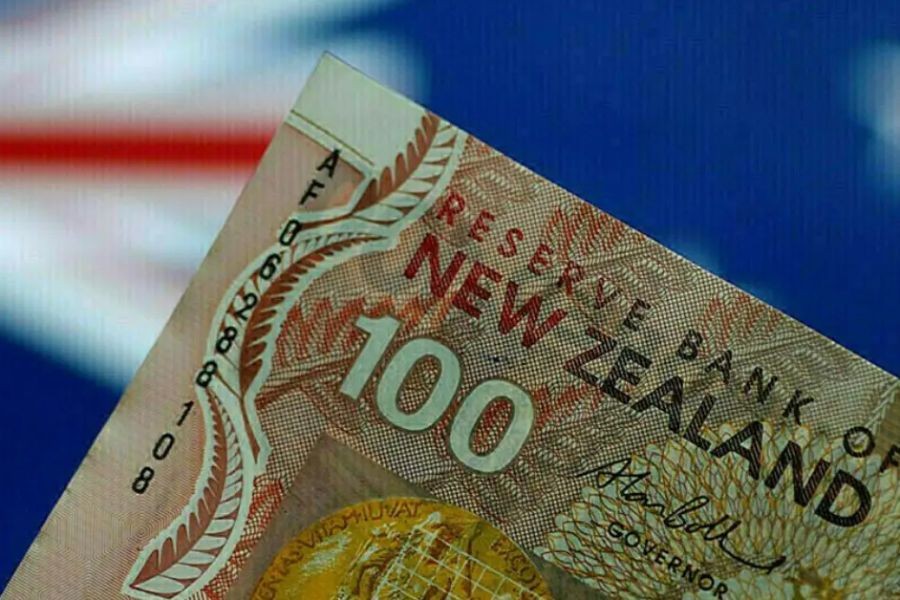New Zealand's fashion industry has long prided itself on its commitment to sustainability. Yet, as the global fashion landscape evolves, one might wonder: is New Zealand's fashion industry too focused on sustainability? This article delves into the complexities of sustainability in New Zealand's fashion sector, examining the balance between eco-conscious practices and economic viability.
The Drive Towards Sustainability
Sustainability is not just a buzzword in New Zealand's fashion industry; it's a critical component of the nation's broader environmental goals. The New Zealand government has set ambitious targets to reduce greenhouse gas emissions, and the fashion industry is expected to play its part. According to Stats NZ, the fashion sector contributes significantly to the nation's carbon footprint, making sustainable practices essential.
Brands like Kowtow and Icebreaker have been at the forefront of promoting sustainable fashion, using organic materials and ethical production processes. Their success highlights a growing consumer demand for eco-friendly products. According to a report by the Ministry of Business, Innovation and Employment (MBIE), over 70% of New Zealand consumers consider sustainability when making purchasing decisions.
The Economic Implications
While sustainability is undoubtedly important, it poses challenges for New Zealand's fashion industry. Implementing sustainable practices often requires significant financial investment, which can be a hurdle for small and medium-sized enterprises (SMEs). Moreover, sustainable materials and production processes tend to be more expensive, potentially increasing the cost of goods sold.
Data from the Reserve Bank of New Zealand indicates that the fashion industry contributes approximately 1.5% to the nation's GDP. However, the emphasis on sustainability might impact profitability if consumers are unwilling to pay premium prices for sustainable products. This raises the question: can New Zealand's fashion industry maintain its competitive edge while prioritizing sustainability?
Case Study: Kowtow – Navigating Sustainability and Profitability
Problem: Kowtow, a Wellington-based fashion brand, faced the challenge of balancing sustainability with profitability. The company was committed to using organic cotton and ethical production processes, but these practices increased production costs.
Action: Kowtow implemented a direct-to-consumer model, bypassing traditional retail channels to reduce costs and maintain competitive pricing. They also invested in transparent marketing, educating consumers about the benefits of sustainable fashion.
Result: Within two years, Kowtow saw a 30% increase in revenue and expanded its customer base internationally. The brand's commitment to sustainability resonated with eco-conscious consumers, proving that profitability and sustainability can coexist.
Takeaway: Kowtow's success underscores the importance of innovative business models in achieving sustainability goals without compromising financial performance. New Zealand fashion brands can learn from this approach by exploring alternative sales channels and emphasizing consumer education.
Pros and Cons of Sustainable Fashion
Pros:
- Environmental Benefits: Reduced carbon footprint and waste production.
- Consumer Appeal: Growing demand for eco-friendly products boosts brand loyalty.
- Regulatory Compliance: Aligns with New Zealand's environmental policies.
Cons:
- Higher Costs: Sustainable materials and processes increase production expenses.
- Market Limitations: Premium pricing may limit market reach.
- Resource Constraints: Smaller brands may struggle with the financial burden of sustainability initiatives.
Future Trends and Predictions
The future of New Zealand's fashion industry lies in innovation and adaptation. According to a report by Deloitte, the global market for sustainable fashion is expected to grow by 9.7% annually, reaching NZD 15 billion by 2028. New Zealand brands that invest in sustainable technologies and materials will likely gain a competitive advantage.
Additionally, emerging trends such as circular fashion and digital fashion platforms offer new opportunities for growth. Circular fashion focuses on designing products for longevity and recyclability, reducing waste significantly. Digital fashion platforms can expand market reach and reduce costs by eliminating the need for physical stores.
Conclusion: Balancing Sustainability and Economic Growth
While New Zealand's fashion industry may seem overly focused on sustainability, this emphasis is crucial for long-term environmental and economic viability. The challenge lies in balancing sustainability with profitability. By adopting innovative business models, leveraging digital platforms, and educating consumers, New Zealand fashion brands can thrive in the global market.
What are your thoughts on the sustainability focus in New Zealand's fashion industry? Share your insights below!
People Also Ask
- How does sustainability impact New Zealand's fashion industry? Sustainability enhances brand loyalty and aligns with national environmental goals, contributing to long-term industry growth.
- What are the economic challenges of sustainable fashion? Higher production costs and market limitations can impact profitability.
- What strategies can New Zealand fashion brands adopt for sustainability? Brands can explore direct-to-consumer models and invest in consumer education to balance sustainability and profitability.
Related Search Queries
- New Zealand sustainable fashion brands
- eco-friendly fashion practices
- Fashion industry economic impact NZ
- Circular fashion trends
- Digital fashion platforms































